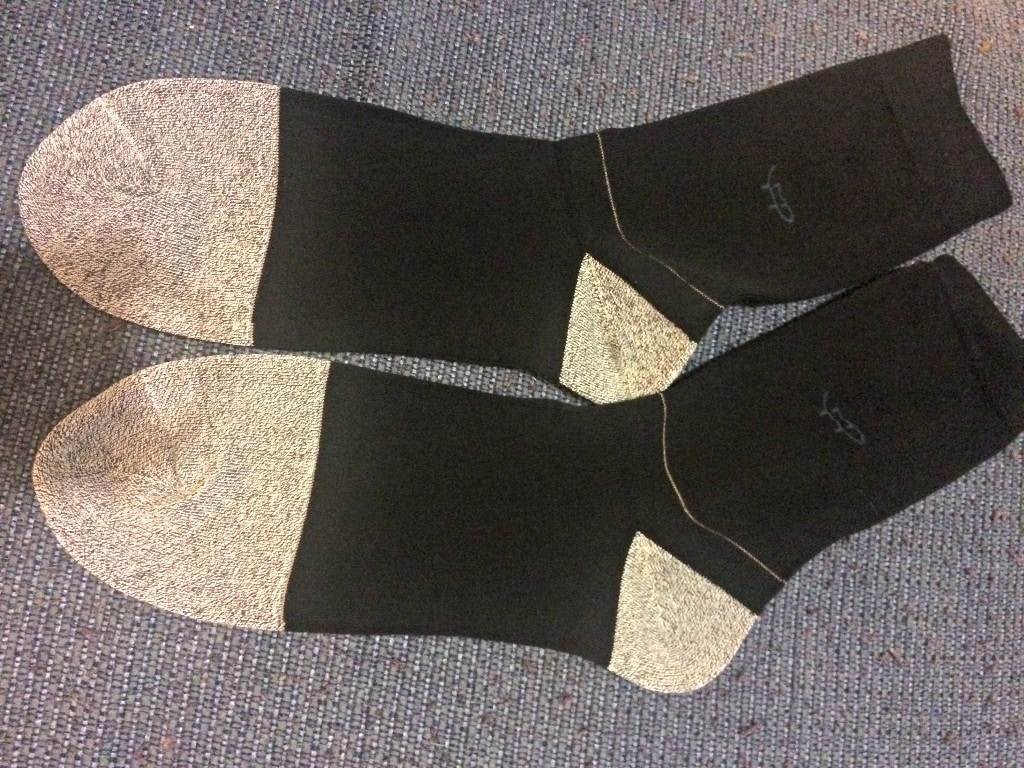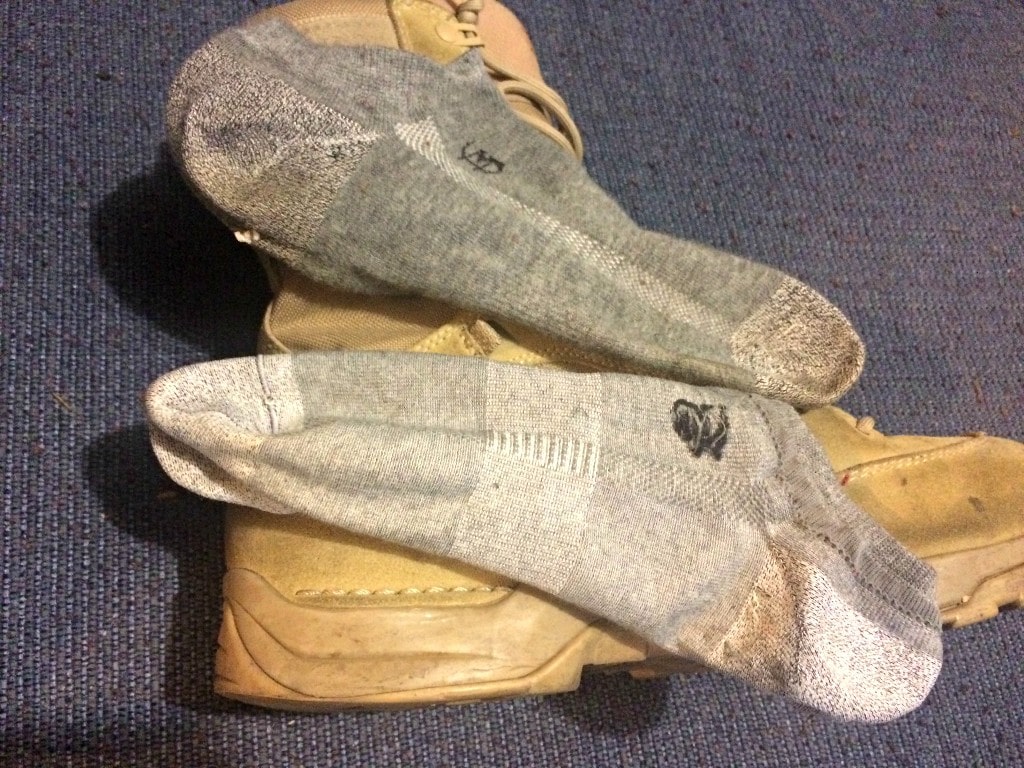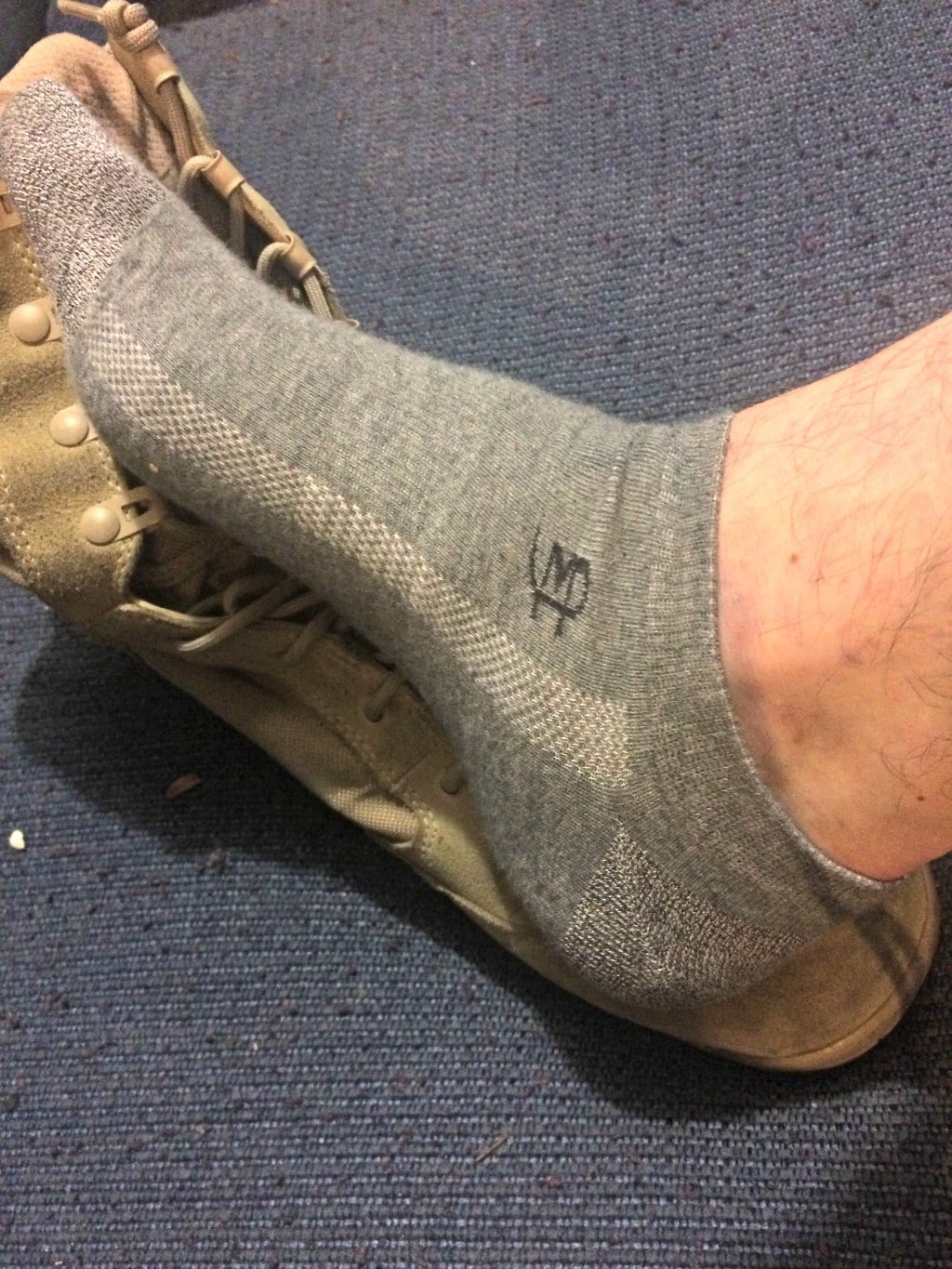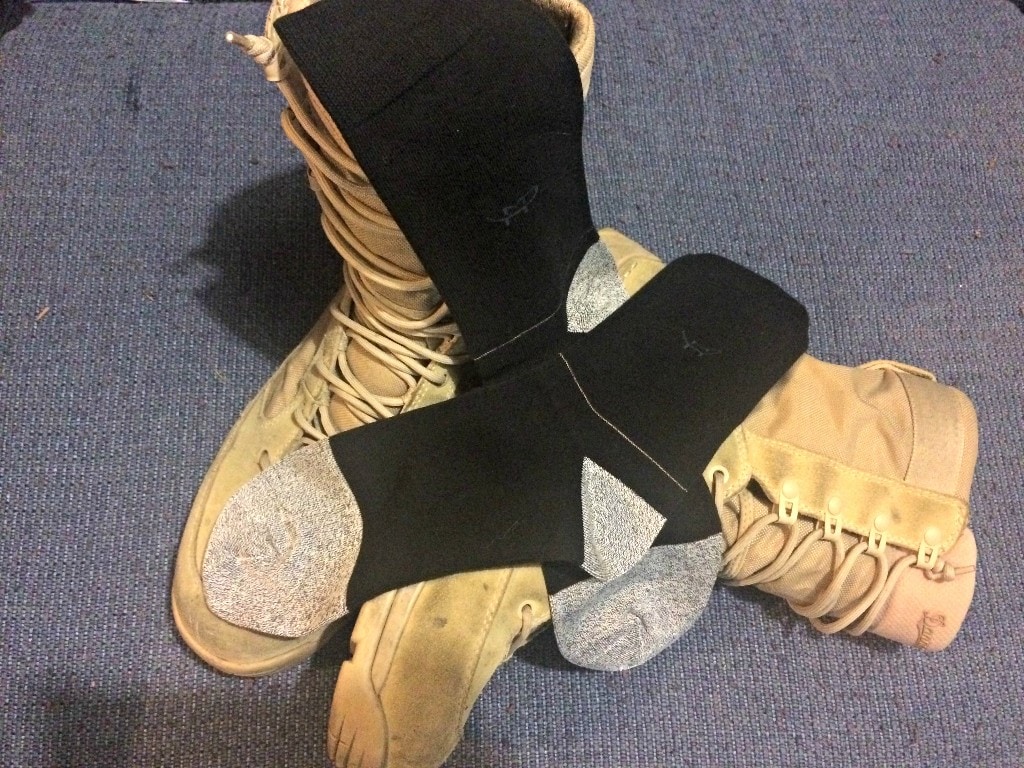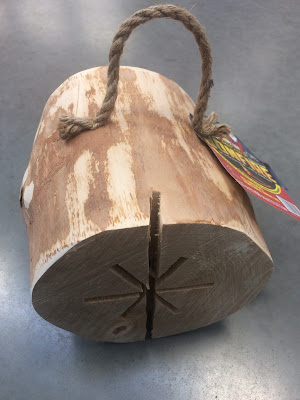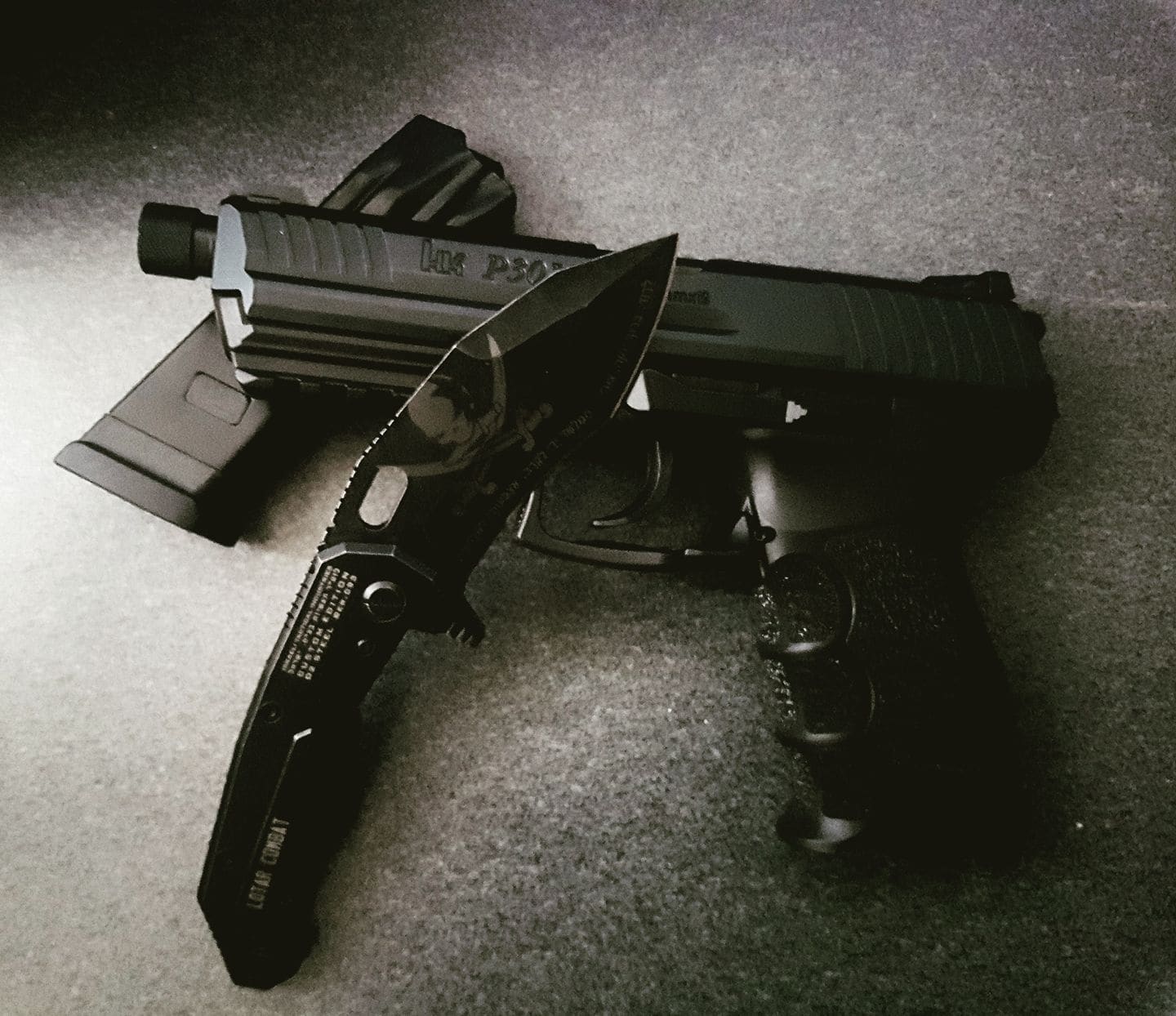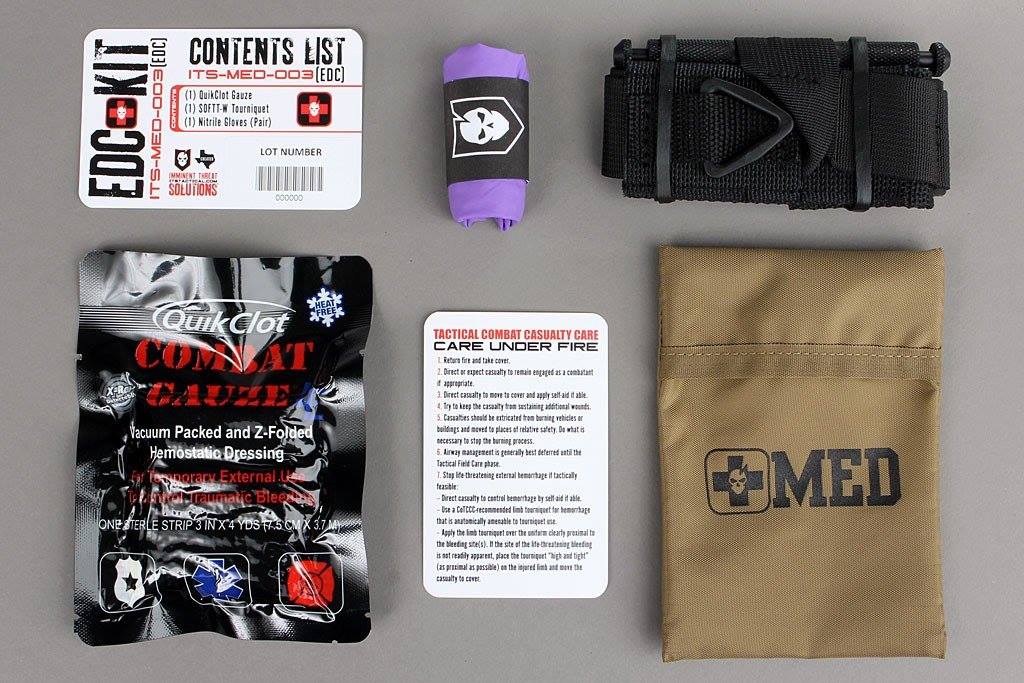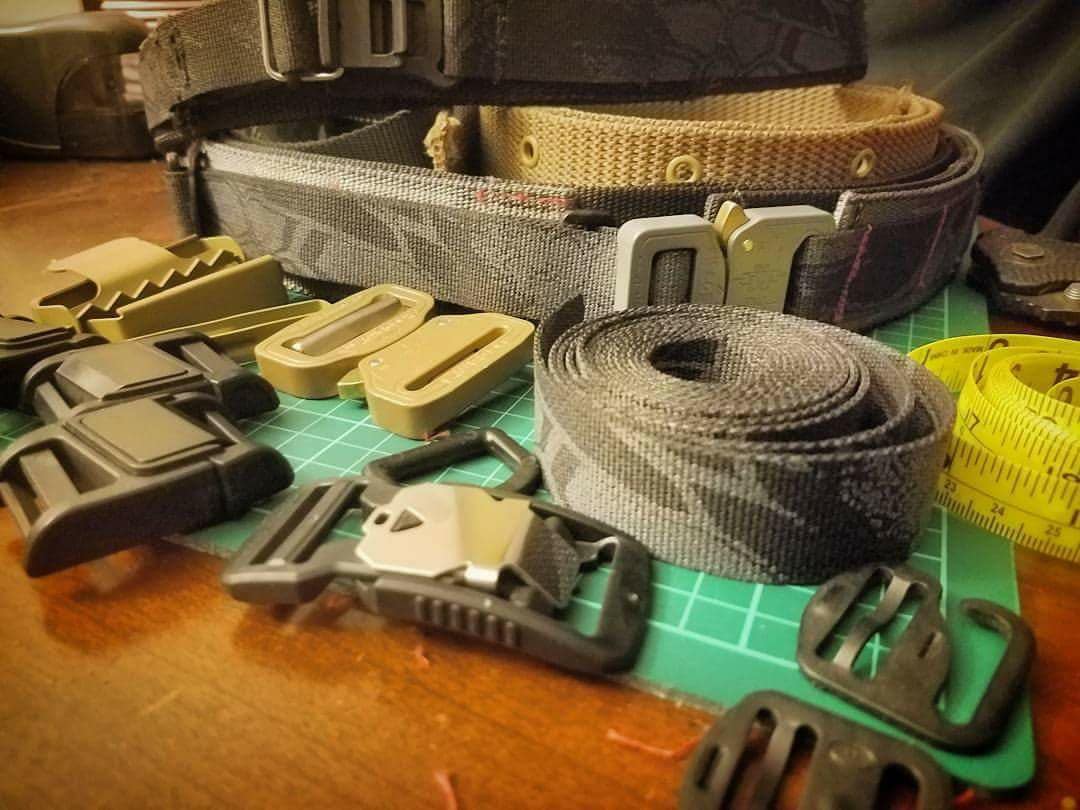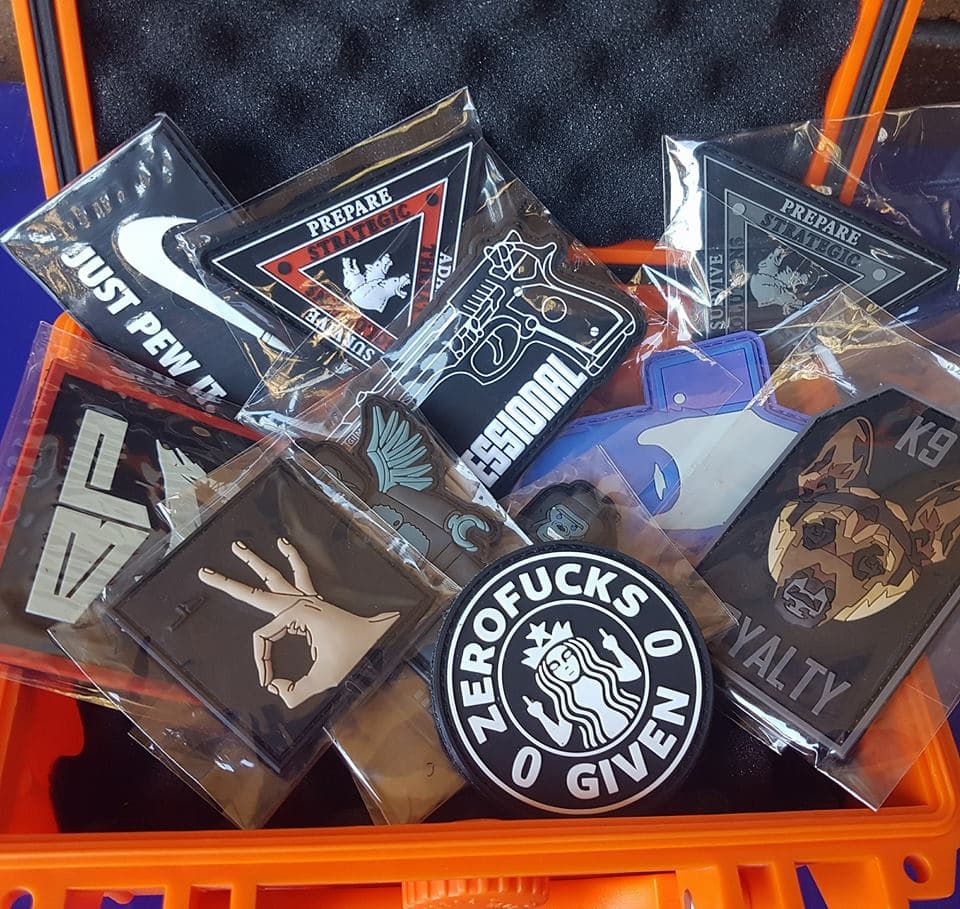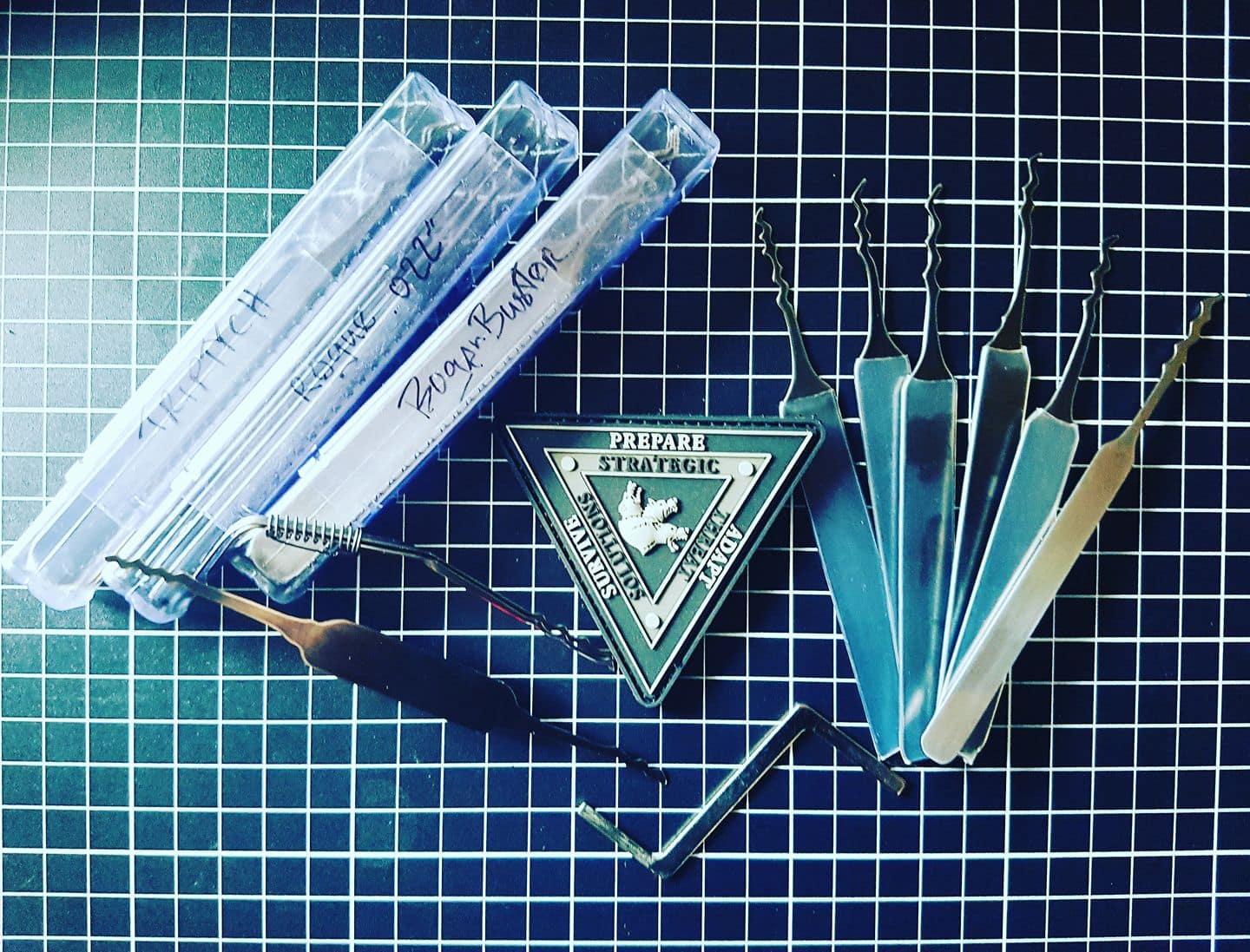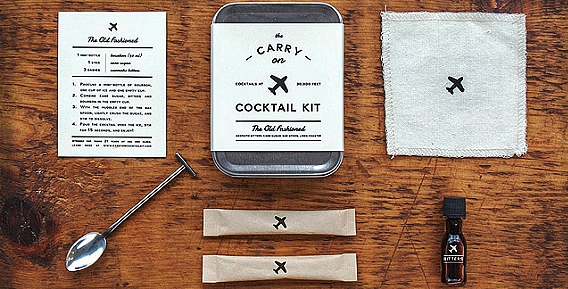
Sometimes, you really just need the right tool for the job, especially if that job involves bashing things or breaking things. Sometimes it's a pesky padlock you lost the combination for and can't manage to shim open. Sometimes it s a pallet of wood you're recycling and need to cut the rusted nails out of. There are lots of different reasons having a set of bolt-cutters or a small crow-bar for. I'll leave the glorious details up to your imagination. Importantly, sometimes these jobs are called for away from your workshop or bunker. Which is when smaller, portable versions are called for. that's when tools like my "Jimmy" and "Chappy" come into play. I have a full-sized set of bolt-cutters (seen sheathed in my SORD 870 Back Scabbard here) and a collection of pry bars big and small all the way up to a whopping huge 1650mm Cyclone fencing post Eagle bar.
 So the addition of a short, 18" Plumb wrecking bar which I've nicknamed "Jimmy" after one of the traditional names for a crow-bar, to go along with the seriously beat up and battle-worn "Chappie" bolt cutter. Both tools I rescued from a nana-garage sale a while back. Why "Chappie" you may ask? Because "Chappie can no do crimes".
So the addition of a short, 18" Plumb wrecking bar which I've nicknamed "Jimmy" after one of the traditional names for a crow-bar, to go along with the seriously beat up and battle-worn "Chappie" bolt cutter. Both tools I rescued from a nana-garage sale a while back. Why "Chappie" you may ask? Because "Chappie can no do crimes".Jimmy is a 18" Wrecking Bar made by Plum, and features a goose-neck at one end and an angled chisel end at the other end. This allows you to pull, pry and straighten, with the angled chisel end good for prying and lifting, the goose-neck end is slotted for pulling nails. The length of the bar is hexagonal in cross-section, making it possible to attach a shifter or a wrench to it to for extra torque, should you really need to pop something open. Constructed from forged high carbon steel, Jimmy and bars like Jimmy can and have taken a beating. Hammered between planks of a pallet ,and stomped on to pop a plank up, even used as an impromptu hammer utilizing the flat face of one of those hexed-sides to drive home tacks or loose nails. I've found the 18" Jimmy offers more than adequate leverage for the tasks I've put it to.

Jimmy has a very hefty weight to it, thanks to its forged carbon-steel construction, which is a boon, but not too much of a burden to carry around in a pack or in the back of a vehicle. I've experimented with carriage options on both my battle-belt and LBE vests too, but am not yet satisfied with both secure, quiet and accessible options. Ideally I'd like to be able to reach back and whip it out to pry a door or pop a zombie in the head, one handed, but if it's in bag or on my back, I'd have to get a buddy to help me out. Not getting hung up on things is also important, especially in a search and rescue or salvage situation and I will end up with a "Medium speed, acceptable drag" option in the end.
 Chappie has had a much harder life and bears the scars of years of neglect and abuse. His cutting hammers are dinged and chipped from ill-use, there is rust and crud worked into his recesses and workings. The rubber of his handles is cracked and broken of in many spots, bare metal showing through, and there is a post-fulcrum adjustable nut and post that act to limit over-bite on the cutting hammers. The nut needed a little WD40 and a wrench to loosen but once loose, It was possible to adjust the limiter to allow a better cutting action from Chappie with his compound hinges. The damaged hammers are hardened so are really difficult to repair, resistant to filing as they are. I have been able to do few minor cuts with Chappie, clipping exposed nails in salvaged timber and cutting chain links for home maintenance jobs, but the damage is inconvenient.
Chappie has had a much harder life and bears the scars of years of neglect and abuse. His cutting hammers are dinged and chipped from ill-use, there is rust and crud worked into his recesses and workings. The rubber of his handles is cracked and broken of in many spots, bare metal showing through, and there is a post-fulcrum adjustable nut and post that act to limit over-bite on the cutting hammers. The nut needed a little WD40 and a wrench to loosen but once loose, It was possible to adjust the limiter to allow a better cutting action from Chappie with his compound hinges. The damaged hammers are hardened so are really difficult to repair, resistant to filing as they are. I have been able to do few minor cuts with Chappie, clipping exposed nails in salvaged timber and cutting chain links for home maintenance jobs, but the damage is inconvenient. Bolt Cutters typically have long handles and short blades, with compound hinges to maximize leverage and cutting force. They can yield upwards of 20 kilonewtons (4,500 lbf) of cutting force for a 250 newtons (56 lbf) force on the handles. Given this, I feel I'm missing out on prime cutting power with the chips and dings in Chappie's teeth. An upgrade to a first-hand cutter may be in order. That said, by adjusting the post-fulcrum nut and having a go at the worst of the deformations to make it workable, but I suspect it would require power tools and re-tempering to get it back to prime condition.

As with Jimmy, Chappie's small size makes it very portable and easily stowed in a pack, back pocket or in a suitable pouch. Being able to quickly and quietly cut chain, cut chain link fences or locks could be very useful in a disaster situation, where search and rescue or salvage might be hampered by bigger, heavier tools.
Again, don't be doing Crimes!
But. Have the right tools available to you you to do what needs to be done. Practice and get to know the limitations and abilities of your tools, and practice caring them to get a good setup in place.




